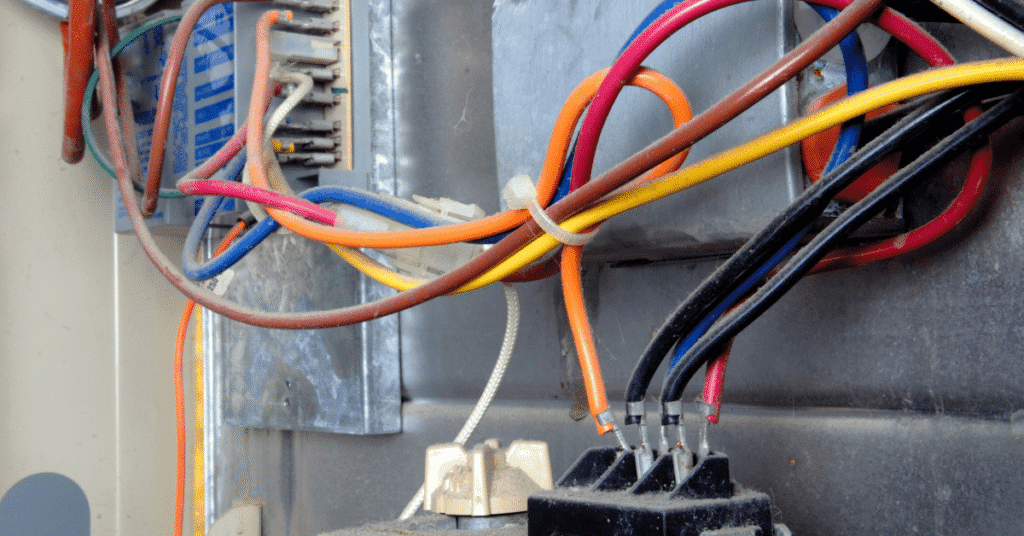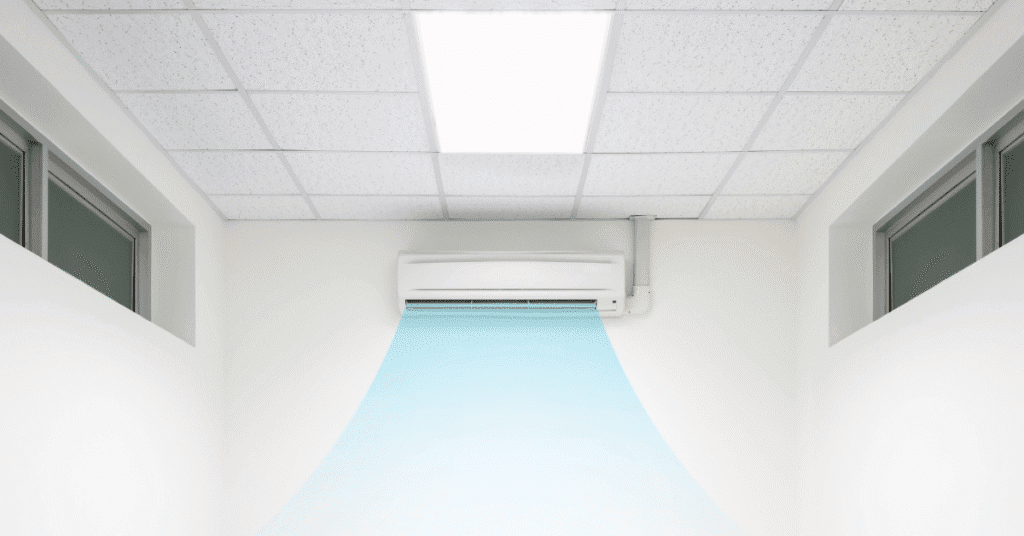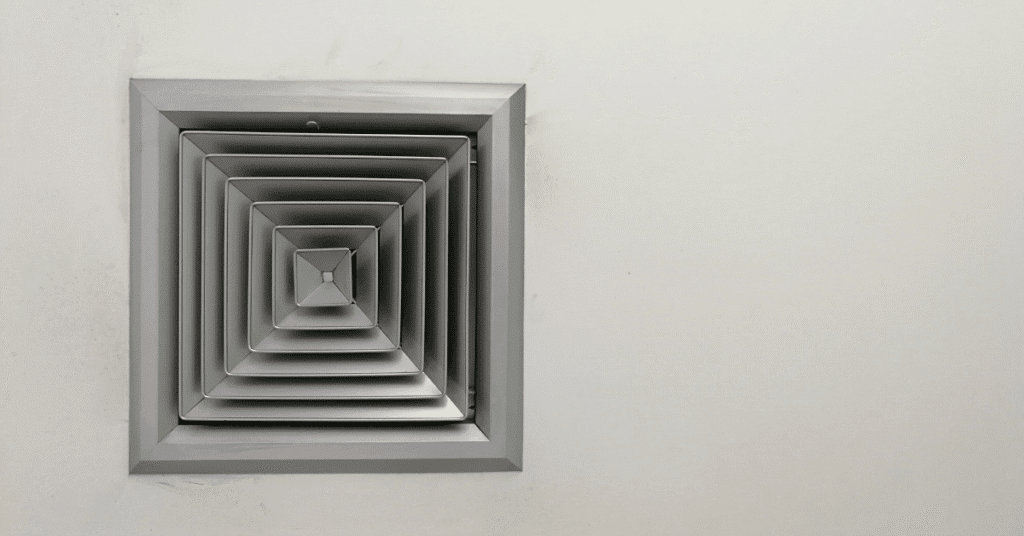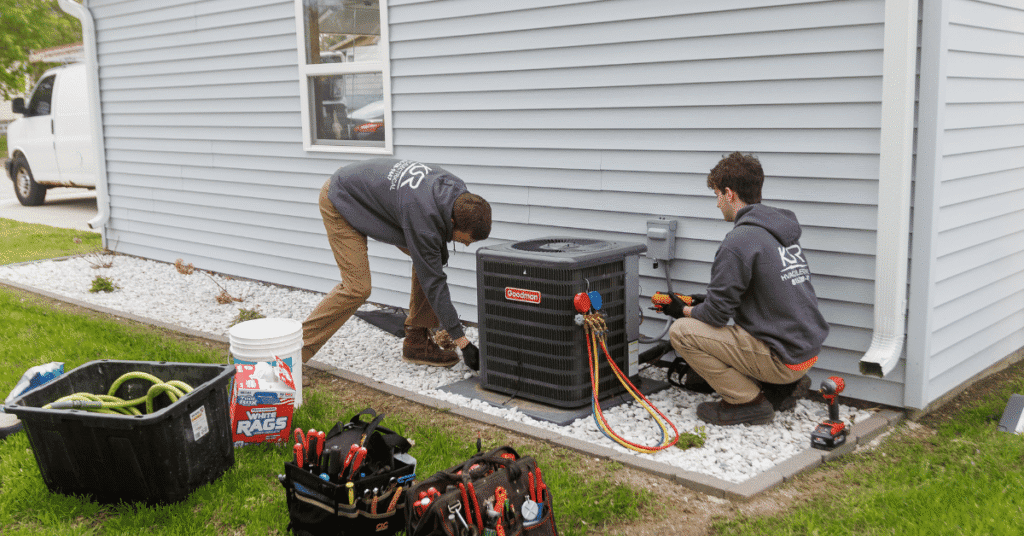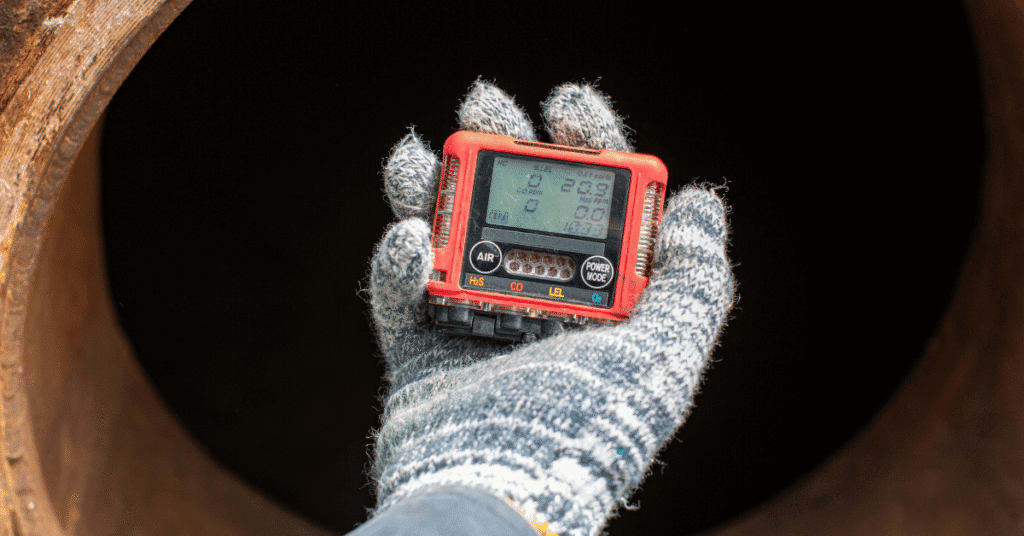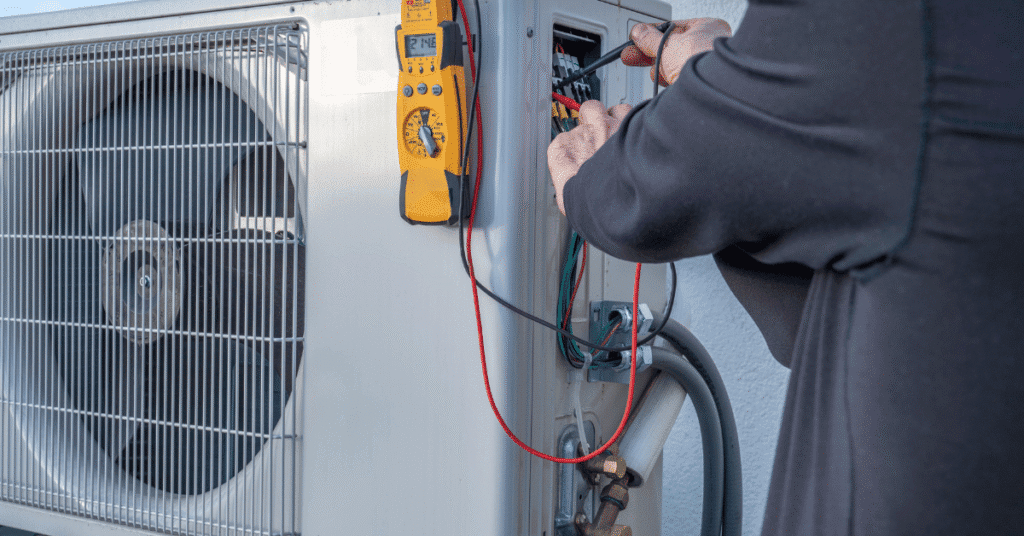Average Lifespan of a Furnace: If you’ve lived through a harsh Illinois winter, you know how important it is to have a reliable furnace. When your home’s heating system is working well, it’s easy to forget it’s even there. But when it starts acting up or fails altogether, you feel it immediately. That’s why understanding the average lifespan of a furnace, and knowing when it’s time to replace your furnace, can save you from costly repair work, last-minute installation, and unexpected discomfort.
At KSR HVAC & Electrical, LLC, we often get asked the same questions by homeowners: “How long does a furnace last?” and “Is it time for a new furnace?” In this post, we’ll break it all down so you can make an informed decision for your home.
What Is the Average Furnace Lifespan?
Average Lifespan of a Furnace: Furnaces can last for many years, but like any major appliance, they won’t last forever. Several factors that affect furnace longevity include the type of furnace, frequency of furnace maintenance, and how hard the heating system works in winter.
Gas vs. Electric vs. Oil Furnace Lifespans
Here’s how long different types of furnaces typically last:
- Gas furnace: 15 to 20 years
- Electric furnaces: 20 to 30 years
- Oil furnaces: 15 to 25 years
Gas models are common in Illinois for their efficiency and quick heating ability, but they usually last a bit less than electric furnaces.
Factors That Affect Furnace Life Expectancy
Average Lifespan of a Furnace: There isn’t a one-size-fits-all answer for the lifespan of your furnace, but these are key influences:
- Maintenance: Annual furnace tune-up and cleaning keep parts in good shape, extend the lifespan, and improve air quality.
- Installation quality: A precise furnace installation can improve the efficiency of your heating system and extend furnace lifespan.
- Usage habits: Running the furnace constantly or with poor settings can shorten the life of your furnace.
- Climate: Harsh Illinois winters make your furnace work harder, potentially reducing its lifespan.
- Model and brand: Quality brands like Daikin, Goodman, and Amana have a better furnace life expectancy when maintained properly.
A well-maintained furnace can last toward the higher end of its expected lifespan of a furnace ranges.

Signs Your Furnace Is Nearing the End of Its Lifespan
Average Lifespan of a Furnace: A furnace rarely fails without warning. If your furnace is nearing the end of its lifespan, you’ll notice some telltale signs.
Warning signs your furnace may be ready for replacement:
- Uneven heating throughout your home
- Higher energy bills without changes in use
- Frequent furnace repair calls
- Unusual noises or lingering gas odor
- Short cycling and poor indoor air quality
- A yellow burner flame instead of blue
If your furnace is around 15 years old and you’re experiencing these, it may be time to plan for furnace replacement.
Repair or Replace My Furnace – How to Decide
When a furnace has issues, deciding whether to repair or replace your furnace is crucial.
Guidelines for choosing:
- 50% rule – If the cost of repair is more than half the price of a new furnace, replacement is the better option.
- Furnace age – If your unit is over 15 years old, replacement is often best.
- Energy efficiency – A new furnace can reduce heating bills and improve home comfort.
If signs it’s time to replace keep showing up, it’s often best to replace the system.
Benefits of Replacing a Furnace
Replacing a furnace with a modern, efficient furnace offers:
- Lower heating bills
- Quieter operation
- Consistent heating throughout your home
- Improved indoor air quality
- Smart thermostat compatibility
- Fewer emergency furnace repair calls
An efficient furnace upgrade also helps maintain home comfort and efficiency for years.

Why Choose KSR HVAC & Electrical for Furnace Service and Installation
When you replace your furnace, the furnace service and installation quality matter. KSR HVAC & Electrical offers:
- Expert furnace installation of trusted gas and electric brands
- ACCA-certified furnace service standards
- Indoor Air Quality solutions for better air quality
- Reliable heating and air conditioning support year-round
Whether you need furnace repair, regular furnace maintenance, or a furnace replacement, we can help.
Final Thoughts
Your furnace is essential for heating your home in winter, but it won’t last forever. If your older furnace is past its average furnace lifespan, needs frequent repair, or leaves parts of your home cold, it’s time to replace your furnace.
Schedule a furnace inspection today so you can plan for an efficient furnace that will easily last for years.
